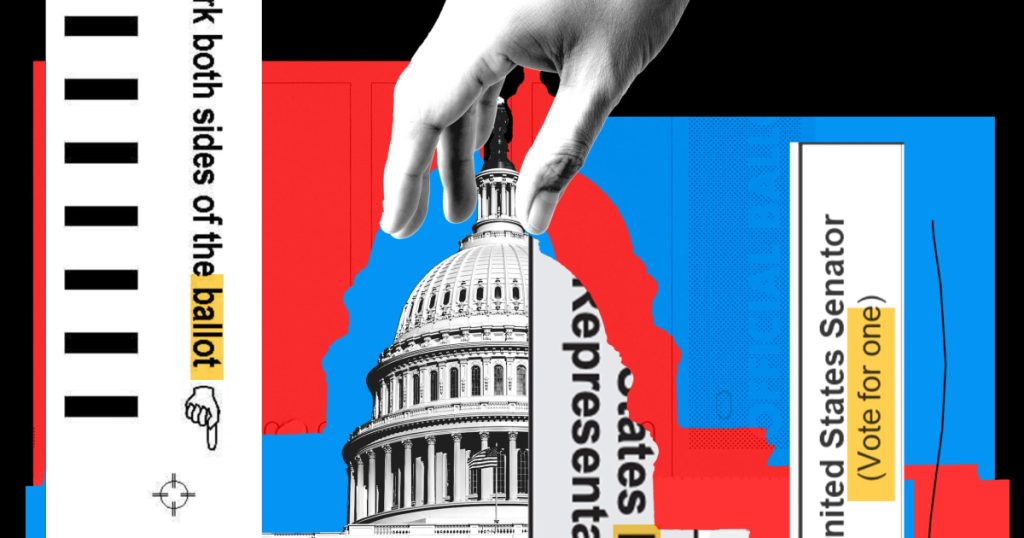The upcoming election in the United States will determine control of both the House of Representatives and the Senate, with every seat in the House and one-third of the Senate up for grabs. The outcome of the election will have significant implications for the incoming president, whether it’s Kamala Harris or Donald Trump. The Senate plays a key role in confirming judicial and Cabinet nominees, as well as shaping the legislative agenda and passing important bills. The Republicans are favored to win the Senate, with several key races in red and purple states that could shift the balance of power.
In the Senate, the Democrats currently hold a slim majority, but Republicans are expected to make gains in the upcoming election. If Trump wins the presidency, the Republicans would only need to win one more seat in addition to a guaranteed win in West Virginia to control the Senate. The Democrats are facing tough challenges in states where Trump is expected to win, such as Montana, Ohio, Pennsylvania, Michigan, and others. Meanwhile, they have opportunities to flip Republican-held seats in Texas and Florida, among others. A surprising race in deep-red Nebraska also presents a potential upset for the Republicans.
The race for the House of Representatives is highly competitive, with Republicans currently holding a narrow majority. Democrats need to pick up just four seats to capture control of the House, with a total of 22 “toss-up” seats at the center of the fight. The battleground includes key districts in New York and California, where Republicans are investing heavily in defending and flipping seats. Key races in these states will play a crucial role in determining the outcome of the House election.
The new Congress will have to work closely with the incoming president to address key issues from the outset. Important matters such as the debt limit, confirmation of judicial and Cabinet nominees, and other legislative priorities will need to be addressed. If Republicans win control of the White House and Congress, they will have to decide on key policy priorities, such as tax cuts or healthcare reform. Democrats, on the other hand, are hoping to capture both branches of government to advance their economic agenda and prioritize legislation to protect abortion rights.
Overall, the outcome of the election will have far-reaching consequences for the future direction of the United States. The balance of power in Congress will shape the legislative agenda, control over key appointments, and the ability to pass critical bills. Both parties are gearing up for a close and hard-fought battle to secure control of the House and the Senate. The election results will determine the direction of the government and set the stage for policy priorities in the coming years.












